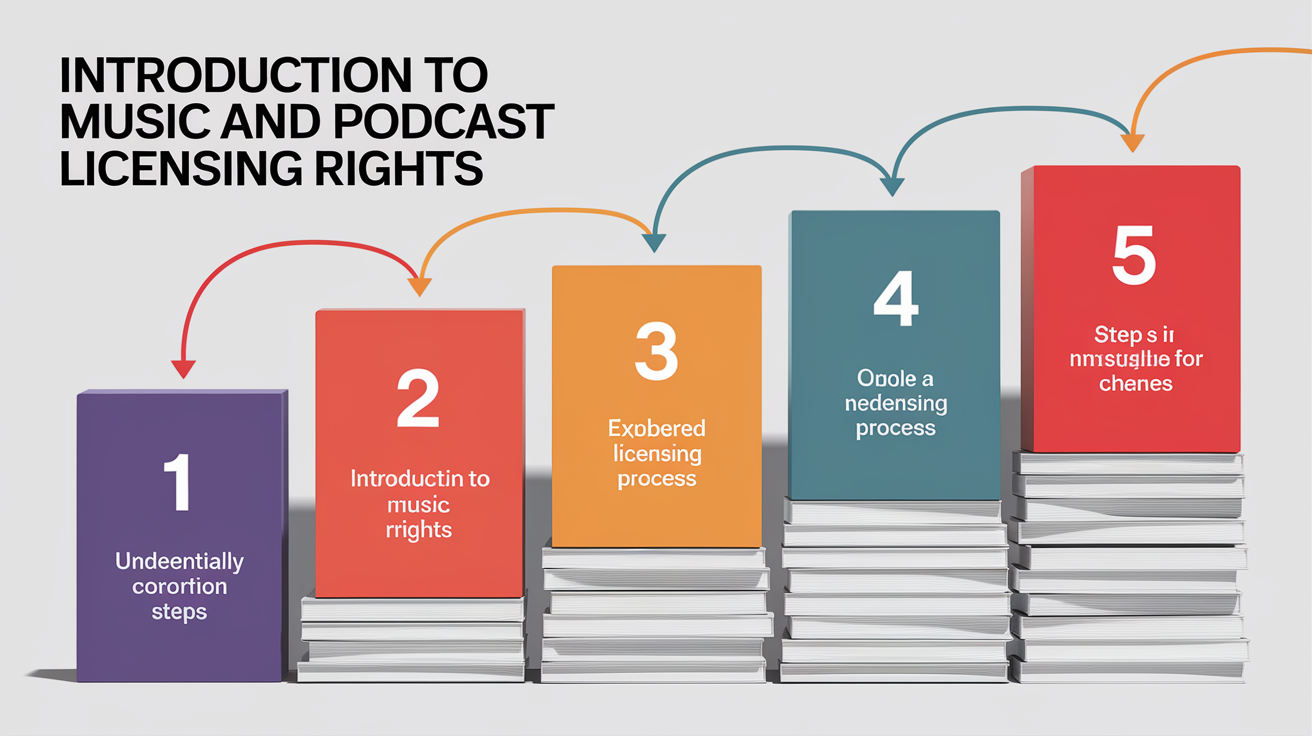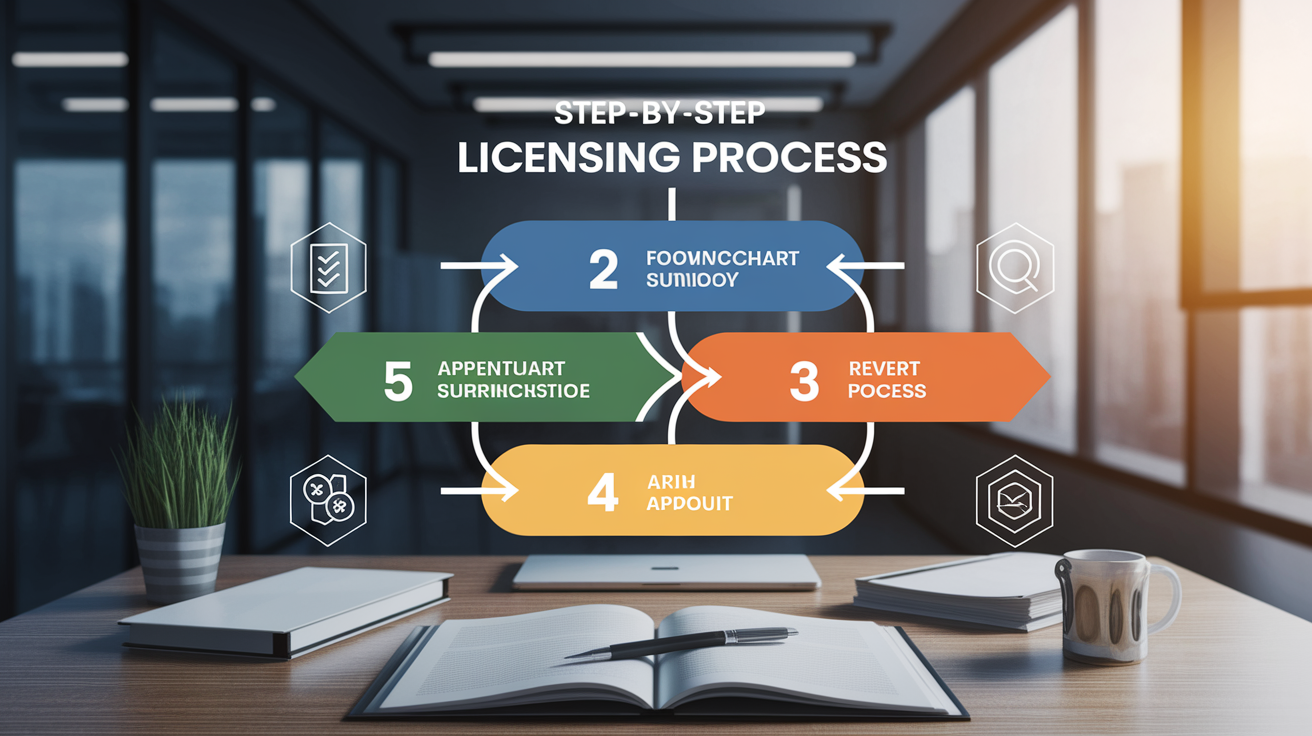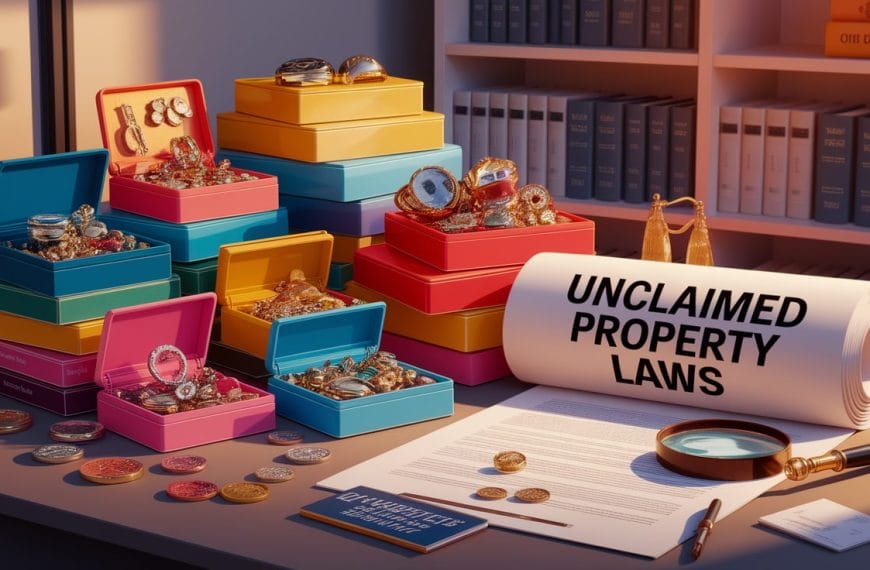Introduction to music-and-podcast-licensing-rights-guide
The moment you decide to incorporate music into your podcast is often a burst of creative excitement. But along with that spark comes an unseen layer of responsibility—ensuring the music you use is licensed correctly. Think of licensing rights as the trail maps for a hike: without them, you may wander into dangerous terrain unknowingly.

Music licensing is the legal permission to use a song or recording in your audio content. For podcasters, this typically means securing synchronization rights—which allow music to be paired with your spoken content—and master rights that permit using a specific recording. Some cases also require mechanical rights, which cover reproducing recordings independently. Understanding these categories early helps you avoid restrictive deals and costly mistakes.
Identifying Your Licensing Needs
Start here. Before any contracts or negotiations, you need to pinpoint exactly what you intend to use. This clarity acts like a compass, guiding every licensing decision you’ll make.
You may want to ask yourself:
- Will I be using a well-known song or an independent artist’s track?
- Is the music part of a short intro or integral throughout the episode?
- Is my podcast commercial or non-commercial in nature?
The answers determine whether you need direct licensing from copyright holders or a more streamlined approach through an audio licensing platform. For example, subscription-based music libraries can cover multiple uses with a blanket fee, while direct licensing might involve more detailed negotiations.

Remember, there are two core copyrights in music: the composition copyright (lyrics and melody) and the sound recording copyright (the actual performance). As described in music copyright breakdowns, both need clearance to keep your project lawful.
Step-by-Step Licensing Process
The licensing journey can feel like standing at the bottom of a mountain with no climbing gear. Here’s your equipment checklist—broken into simple steps.

- Identify the music: Choose the track or background music, considering genre, mood, and audience fit.
- Determine rights needed: SYNC, master, and possibly mechanical rights, depending on usage scope.
- Locate the rights holders: This may involve publishers, record labels, or performing rights organizations like ASCAP, BMI, or SESAC.
- Negotiate terms: Review licensing agreements carefully, covering usage limits, territory, and duration.
- Secure the license: Obtain written permission as proof of compliance.
- Maintain documentation: Store contracts and related correspondence securely for future reference.
Services like Musicbed or Cloud Cover Music can simplify this process with curated, pre-cleared music options.
Managing and Tracking Your Licenses
Licenses aren’t “set and forget.” They are living documents with conditions that must be honored over time.
To stay compliant, you should:
- Create a central database of all your licenses.
- Set reminders for renewal dates, especially if your agreement is time-limited.
- Log each use of licensed music, noting episode numbers and publication dates.
- Review terms periodically to ensure ongoing compliance with your podcast’s growth or monetization changes.
Rights management is not glamorous, but it’s your safety net against claims of infringement. Detailed tracking means you can prove proper licensing instantly if questioned.
Maximizing Benefits and Avoiding Pitfalls
Why go through all this effort? Because licensing music legally not only prevents headaches—it opens doors. A well-chosen soundtrack can brand your podcast as effectively as your logo, setting mood and tone from the first second.
Here’s how to make the most of your licensing efforts:
- Negotiate multi-use clauses to cover intros, outros, and promos without extra fees.
- Explore Creative Commons licensed music for budget-friendly options, but read restrictions carefully.
- Leverage royalty-free music libraries for efficiency, knowing that “royalty-free” still may require attribution or have limits on commercial use.
- Document every agreement and store it securely in both physical and digital formats.
The pitfalls are equally real. Unauthorized use, even under the assumption of “fair use,” is risky—most podcasts’ music use doesn’t meet fair use criteria. Infringement claims can lead to fines, damaged reputation, and even podcast removal from distribution platforms.
As a content creator, respecting intellectual property isn’t just obligatory—it’s strategic. It builds trust with your audience, artists, and collaborators, paving the way for long-term growth in your podcast journey.







